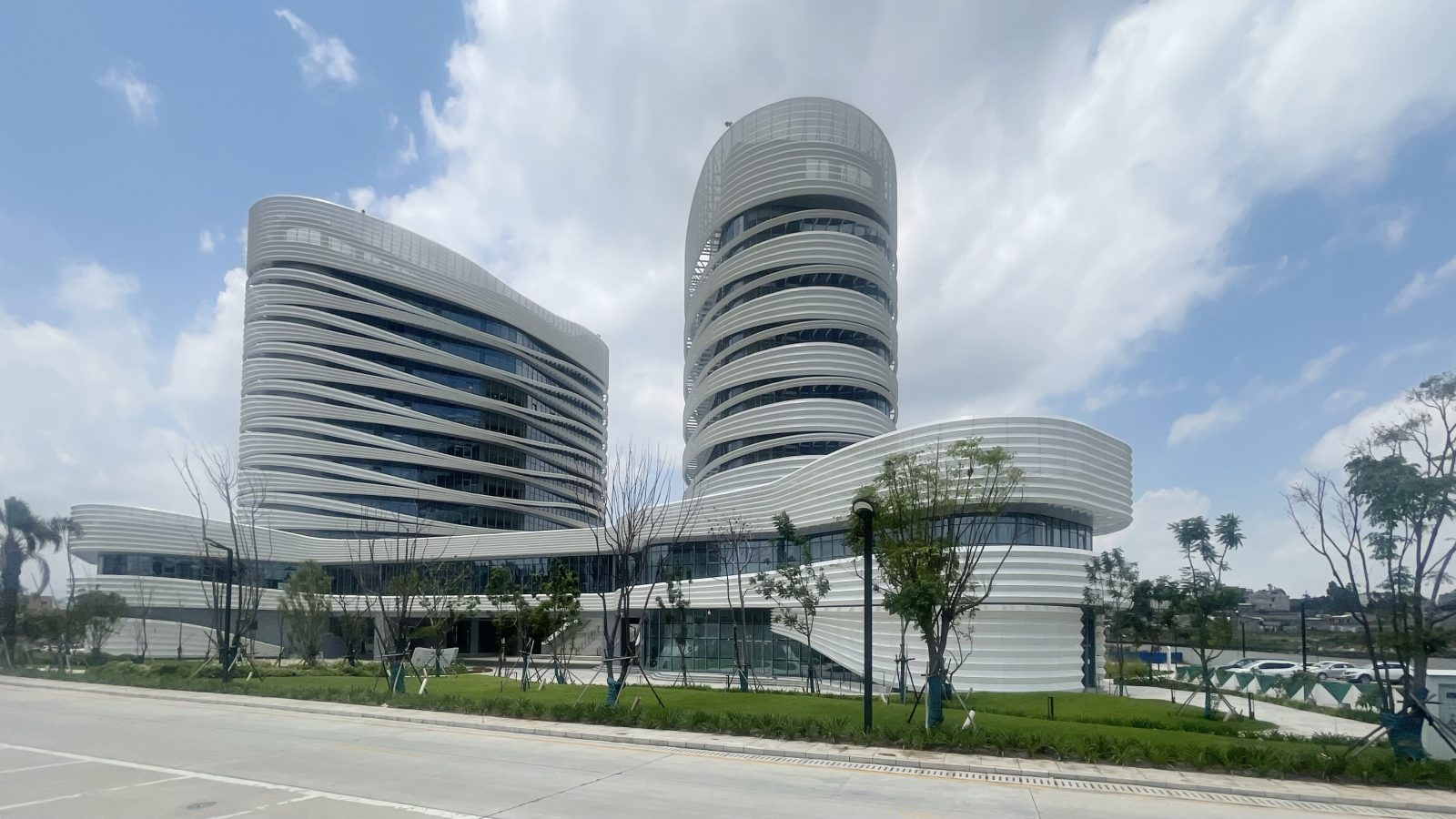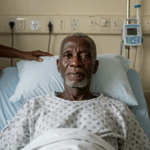Africa’s Health Agenda 2025 emerged as more than a routine summit—it represented a pivotal moment for the continent’s healthcare trajectory. Convened under the auspices of the Africa Centres for Disease Control and Prevention and championed by Southern African heads of state on July 4, 2025, the high-level forum cast a bold spotlight on resilience, equity, and people-centered care. Stakeholders ranging from public health professionals and policy-makers to NGOs and private sector actors were urged to tune in to critical developments that promise to reshape healthcare systems across Africa.
For the first time, leaders from Southern Africa publicly embraced a unified health strategy, a move that placed equity squarely at the heart of development. In the wake of lessons learned from the COVID-19 pandemic and the mounting burden of noncommunicable diseases, member states committed to strengthen universal health coverage, expand access to quality services in underserved regions, and address underlying social determinants such as poverty, gender inequality, and education. This collective endorsement echoes the vision of Agenda 2063, Africa’s long-term blueprint for inclusive and sustainable growth, reinforcing the idea that health equity is indispensable to societal progress.
A major highlight of the summit was the inauguration of the Africa Health Workforce Taskforce, designed to tackle the continent’s chronic shortage of skilled healthcare professionals. This new body will spearhead efforts to scale up training institutions, bolster continuing medical education, and improve workforce retention within the region. In this context, organizations like IRES have already stepped forward to equip practitioners through specialized short courses in healthcare administration, monitoring and evaluation, and digital health innovation, thereby supporting the taskforce’s mandate to create a robust, self-sustaining talent pipeline.
Recognizing that rapid response to outbreaks hinges on strong surveillance networks, the Africa CDC pledged to enhance regional centers for disease detection and monitoring. Delegates committed to invest in laboratory systems, integrated data platforms, and cross-border

coordination mechanisms that can swiftly identify and contain emerging threats. Crucially, the agenda underscored the importance of integrating digital health systems such as DHIS2 into national health infrastructures, ensuring that data flows seamlessly from rural clinics to central command centers and back again for timely decision-making.
The summit also reaffirmed that partnerships are the cornerstone of sustainable health transformation. Beyond collaboration with global bodies like WHO and UNICEF, African governments signaled a renewed willingness to engage local NGOs, private sector companies, and academic institutions. As one delegate noted, “Africa’s health future requires shared accountability and collaborative leadership,” capturing the spirit of cooperation needed to mobilize resources, share expertise, and drive innovation across all levels of the health ecosystem.
At its core, Africa’s Health Agenda 2025 functioned as a clarion call to action. Whether operating in clinical settings, policy circles, non-profit leadership, or corporate health services, stakeholders were encouraged to align their efforts with the continent’s evolving priorities. By moving beyond isolated initiatives and embracing a continent-wide framework, Africa can forge healthcare systems that are not only resilient in the face of epidemics but also equitable, inclusive, and people-focused.
As the summit concluded, attendees departed with a clear mandate: to translate bold declarations into tangible outcomes. From strengthening primary healthcare delivery to institutionalizing workforce development and digital surveillance, the path ahead demands unwavering political will, strategic investments, and constant performance monitoring. When effectively implemented, these commitments promise to deliver healthier, more vibrant communities and pave the way for Africa to take full ownership of its health destiny.
Source: What you missed out on in Africa’s Health Agenda 2025 – IRES



